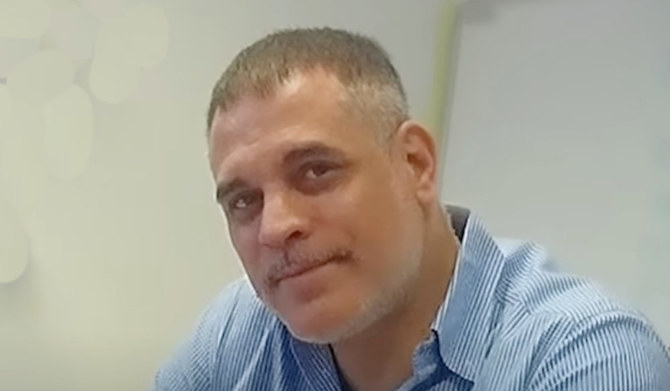RAMALLAH, Palestinian Territories: The Boycott, Divestment and Sanctions (BDS) movement said Israel’s tech sector was “a threat to the world, not just Palestinians” Friday, after a report accused an Israeli firm of manipulating public opinion.
The Wednesday report by an international consortium of journalists led by French non-profit Forbidden Stories said a private Israeli firm sought to influence more than 30 elections around the world through hacking, sabotage and spreading disinformation.
“Israeli repression tech is a threat to the world, not just Palestinians,” said a statement from the BDS movement, which calls for a boycott of Israel over what it describes as the “oppression” of Palestinians.
BDS “reiterates the call to impose an immediate military embargo” on Israel, the statement said, calling for “cutting US military funding and banning trade in Israeli arms and spyware.”
The firm, dubbed “Team Jorge” by the team of investigating journalists, was led by former Israeli special forces operative Tal Hanan, who has denied “any wrongdoing.”
Undercover journalists posed as potential clients to gather information on the firm’s methods and capabilities.
Other similar companies have been named in media reports or sanctioned by Western governments in recent years over their role in trying to influence elections and public opinion.
Notorious British consulting firm Cambridge Analytica — since shut down — was allegedly used to develop software steering voters toward Donald Trump in the 2016 US presidential election.
Following the latest revelations, Israel might also face increased pressure to rein in its cutting-edge cyberware and technology sector which was spotlighted in another media investigation led by Forbidden Stories in 2021.
It highlighted how the powerful Israeli-made Pegasus spyware had been sold by the cyber intelligence company NSO Group Technologies to governments and used against at least 50,000 people around the world.
Some of the alleged targets included human rights defenders and religious leaders, as well as politicians such as French President Emmanuel Macron.
Forbidden Stories is a collaborative platform set up in 2017 at the initiative of French documentary maker Laurent Richard, with the support of Reporters Without Borders, and brings together more than 30 different media outlets from around the world.



























